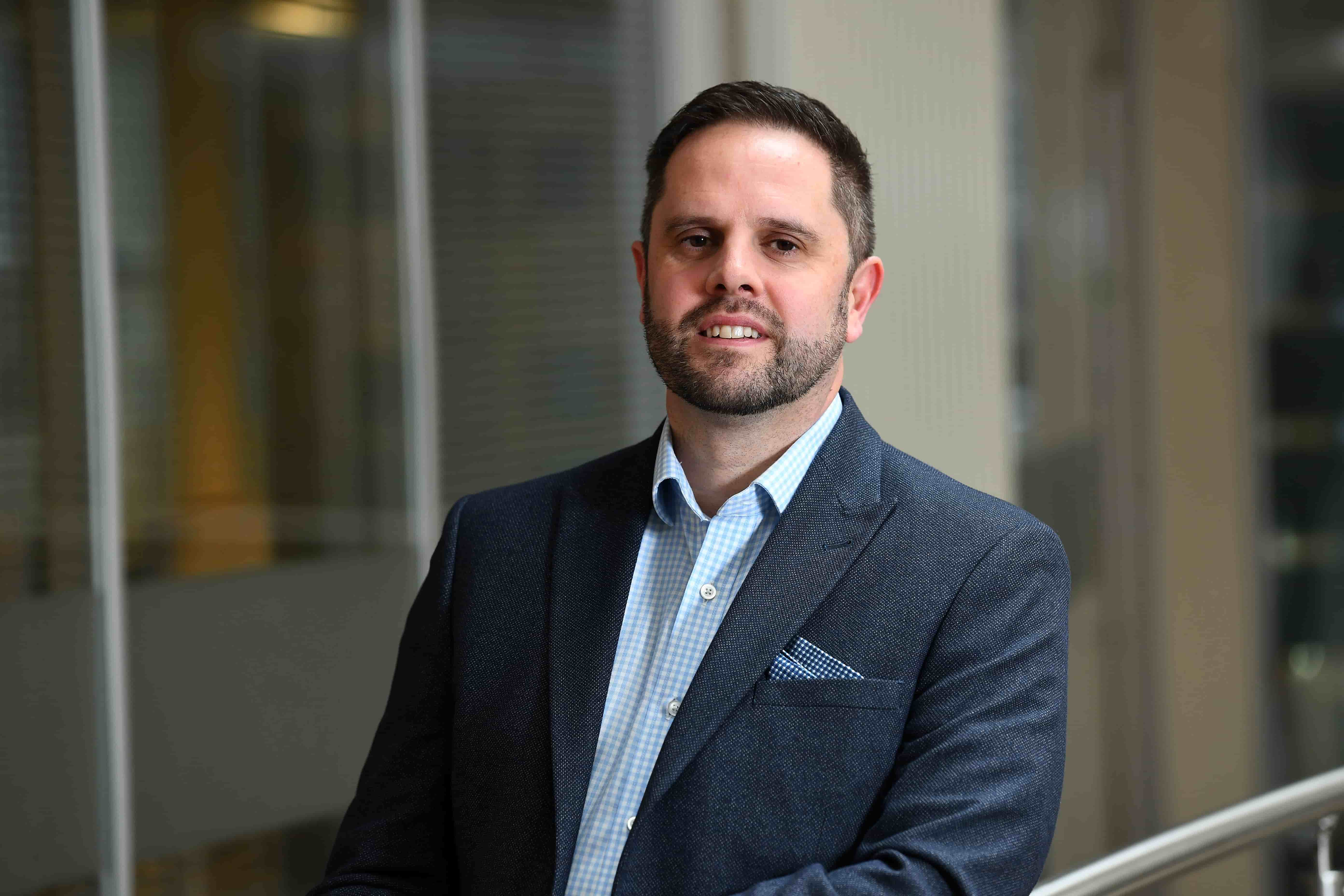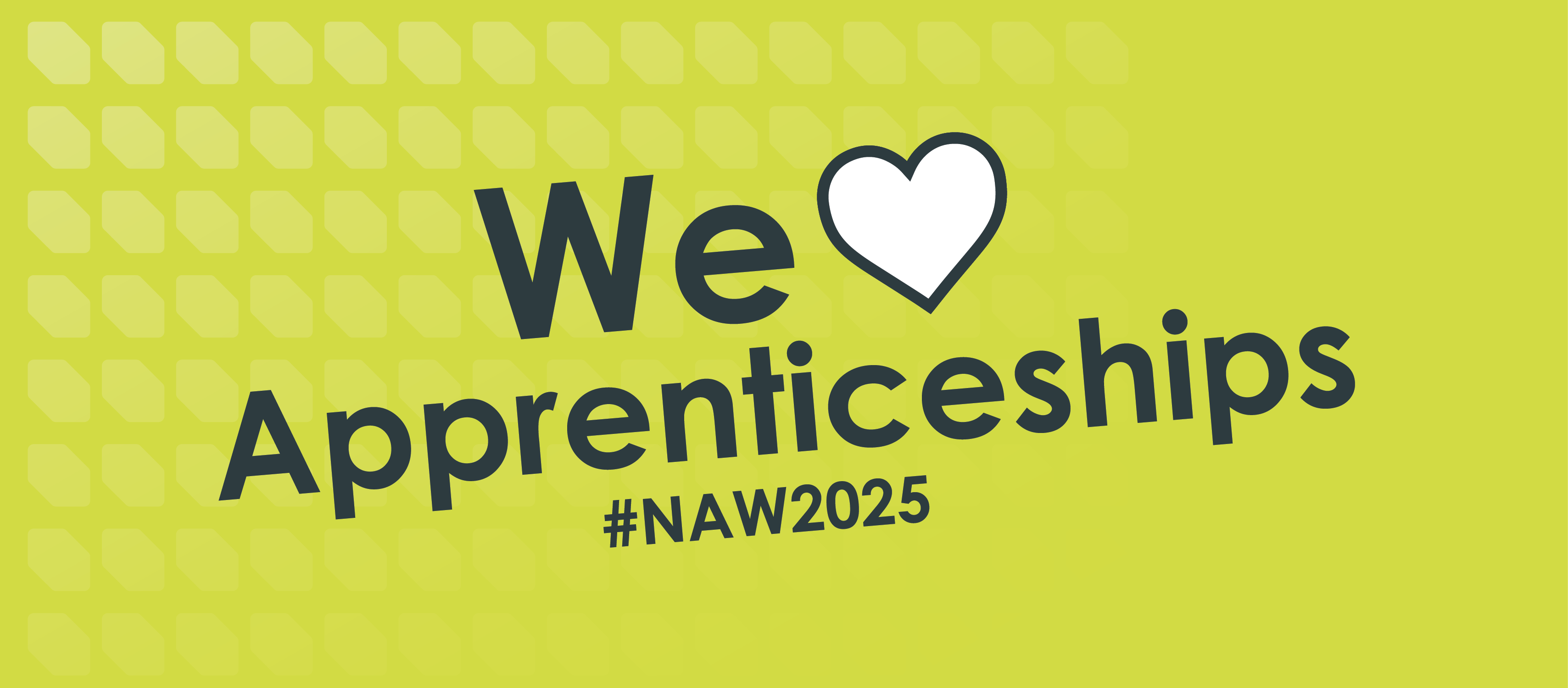
In the latest Talent Leaders Talking series with Cardiff Capital Region our CEO Grant Santos discusses what part apprenticeships play in the future skills of Southeast Wales.
In this fascinating discussion, we explore how highly diverse and wide-ranging apprenticeship programmes can build sustainable success for employers and employees alike in our region and beyond.
“After 25 years in the apprenticeship space, I can certainly say that these valuable training and development programmes are more prevalent than they were. They are becoming more widely recognised for the advantages they bring to both the learner and the employee.
“In Wales we’ve significantly increased Level 4 and 5 apprenticeships, which are often a stepping stone to a degree. We’ve seen new sectors such as Cyber, Fintech and Medtech evolve, helping drive the growth of flexible apprenticeships. And we’ve welcomed the Welsh Government’s emphasis on all-age apprenticeships, and the commitment to the Youth Guarantee for 18-24 year olds. Many people do not realise that apprenticeships are for anyone aged 16 and over. They are not just for school leavers, and are perfect for those already in a job role who want to boost their skills and knowledge in a specific area.
“All of that is hugely encouraging – but there’s plenty of room for improvement and scope to grow.
“Less than20 percent of employers engage in apprenticeships here in the Cardiff Capital Region and – dare I say it – we still have an element of snobbery around an apprenticeship being s of lesser value than a degree.
We simply have to stop thinking that way, not least because you can do both. Starting as an apprentice and when the time is right, progressing to a degree. There are even many learners, who study a degree and then upskill with an apprenticeship afterwards. All forms of education are valuable and should be equally celebrated.
Why an apprenticeship is right for so many people
“I started my own career in training on a Level 4 apprenticeship before going on to university. It’s more important than ever for people to get the opportunities and the training that’s right for them at any particular time. Everyone’s pathway in life is different. Everyone’s progress is different. And that’s why apprenticeships are so right for so many people. They offer a route that allows people to make the journey in a way that suits them best.
“It’s difficult to overestimate the value of the learning experience gained through an apprenticeship. Everything is contextualised because you’re learning on the job. Everything makes sense because the learning reflects your working reality.It’s practical, grounded and fully supported. You’re working with experienced people who have ‘been there’ and are able to pass on their wisdom and expertise in a way that’s relevant and useful. You also get paid while you learn; which can’t be overlooked given the rising levels of debt, university student loans and spiralling costs of living in our society.
“To make the most of the opportunity we have in our region – to bring as many people as possible into a great learning, earning and working environment – we need to make sure our apprenticeships are as inclusive as possible. We can’t afford to expend all our energies on just the higher apprenticeships, at Level 4 and 5. Someone entering the industry at Level 2 has every opportunity to be running a team or a department in a few years’ time or simply doing a great job than other people. We need to help people grasp all of those opportunities, at all levels.
“Level 2 apprenticeships are particularly important to build the talent pipelines we need for SocialCare and the Health Sector. These are jobs that bring dignity to millions of people who need care – and very often change the lives of the people who train to do the job. So all of our apprenticeships are as important as each other and it’s good to see the Welsh Government commit to creating 125,000 all-age apprenticeships during this Senedd term – a 25% increase. We must keep building the momentum that we’re beginning to get behind these game-changing programmes.
Listening to learners and employers to get it right
“The pandemic catapulted our ability to deliver apprenticeships digitally by a number of years, which is a really positive. But the pandemic also highlighted the importance of pastoral care – something we have always been good at. We work in a lot of different sectors and post-lockdown we have embedded some of the tech-enabled practices into our training – but it’s clear that a blended approach is vital.
“The human interaction of face-to-face training, one-to-one sessions and group workshops is crucial. So the next few years will be about getting the hybrid blend exactly right: understanding the full capabilities of technology, listening to both our learners and customer organisations about what’s best for them. We’ve always known that one size doesn’t fit all – and now we have the opportunity to tailor it for everyone.
“This partner approach of listening and learning is at the heart of how we work with employers. It’s a very different conversation to the purely transactional. We understand where their businesses are going, their main challenges for the next12 months and how we can best support them.
“That means being a genuine learning partner – working with employers in a two-way collaboration, taking away the pain, asking the questions that are fundamental to the success of their organisation. What are the things holding them back? What do they want to get from the programmes? How can we tweak and modify an apprenticeship so that it adds a competitive advantage to them? If we get it right, it’s transformational – creating a real value proposition.
Going from good to great
“How good can we be if we fully embrace all the possibilities of apprenticeship provision?The potential is almost endless – and the process of realising that potential needs to start at school, with teachers and careers advisers understanding and explaining the full menu of options to be explored by everyone.
“Every student and pupil should be excited to explore each option with an open mind, choosing the pathway that’s right for them. If they did that, I know that demand for apprenticeships would go up. Employers and the Welsh Government would then offer exponentially more support and create a self-perpetuating success story that’s sustainable and good for everyone.
“If that parity of opportunity became policy and the way we did things in Wales – and we built-in long term incentives for employers to fully embrace apprenticeships -our region would nurture the talent pipelines we need. We would see everyone, from employers and employees to communities and the economy, have the chance to be the best they can be.”
Learn on the job, study an apprenticeship




